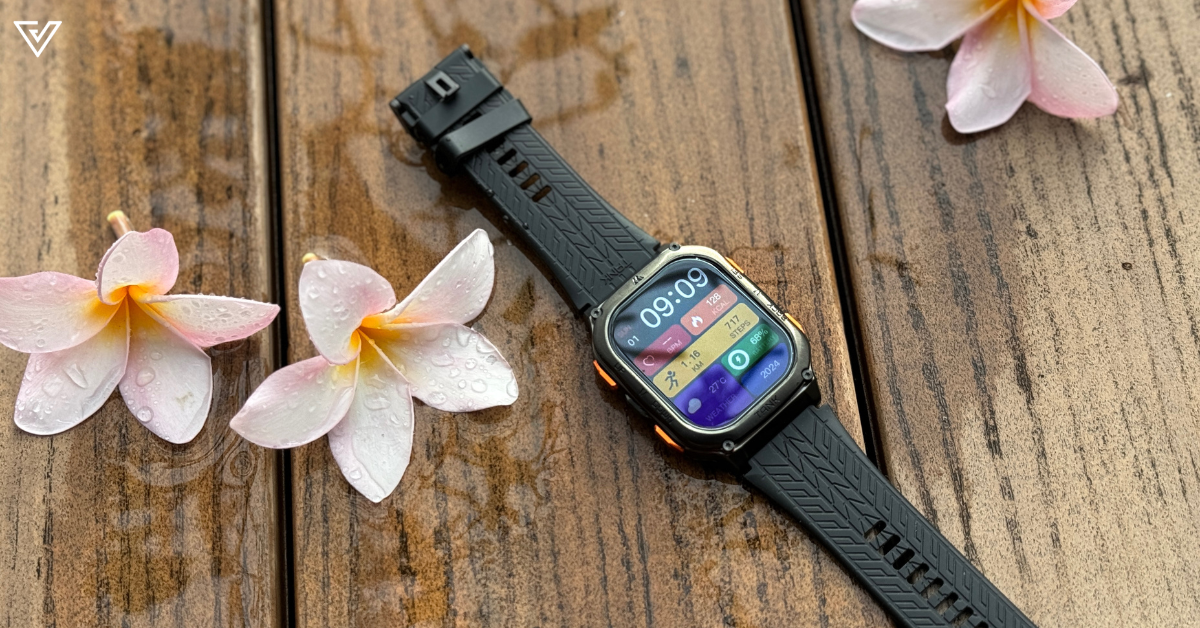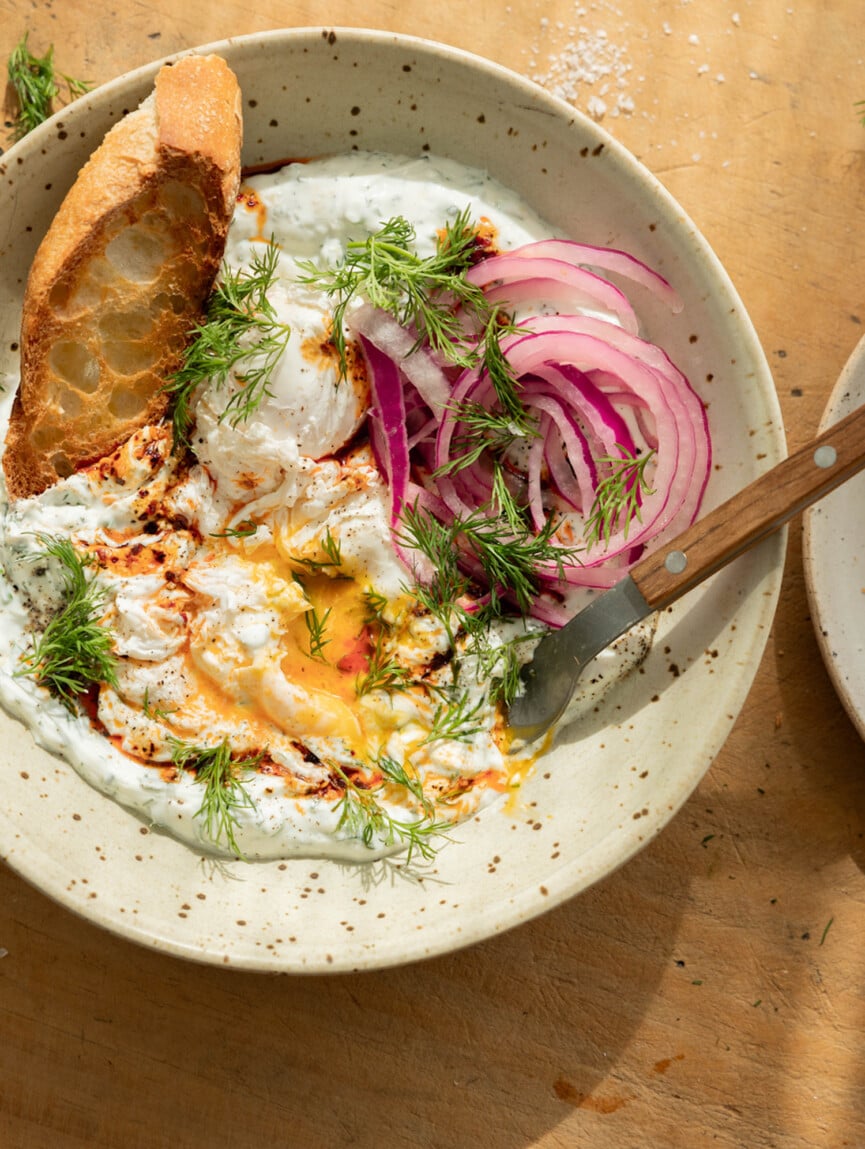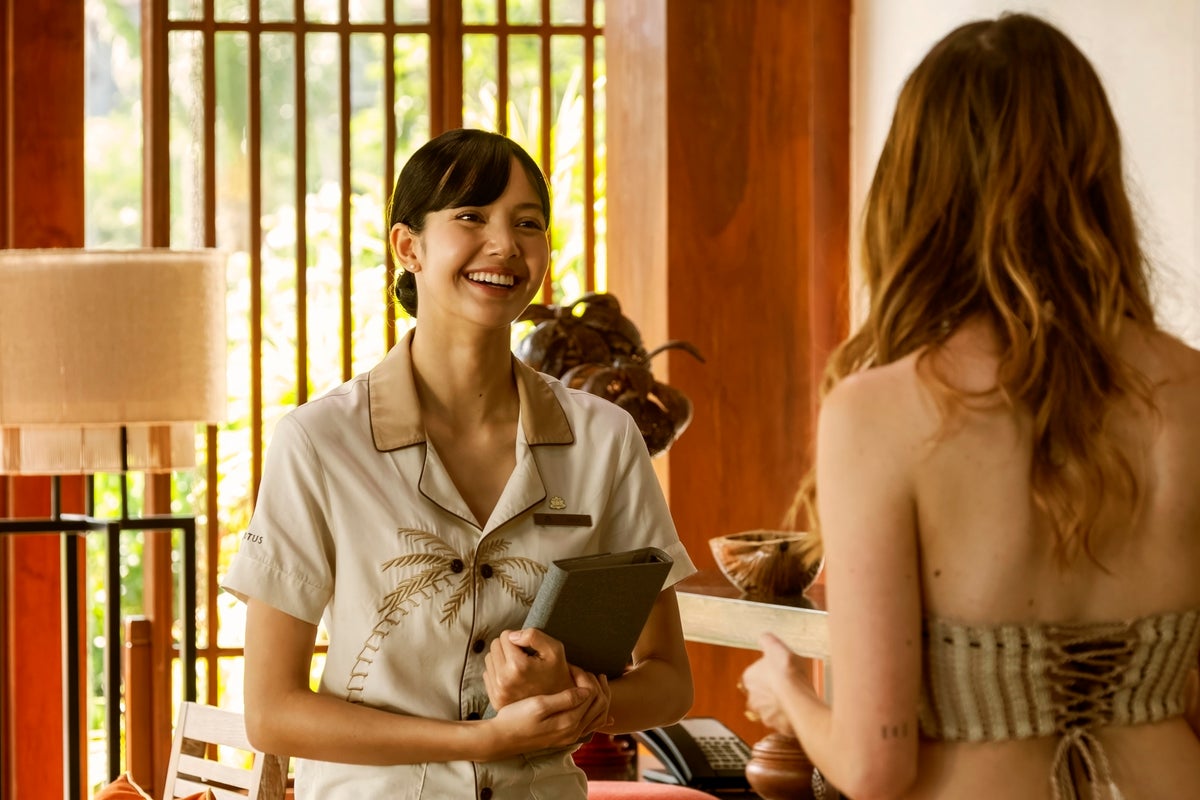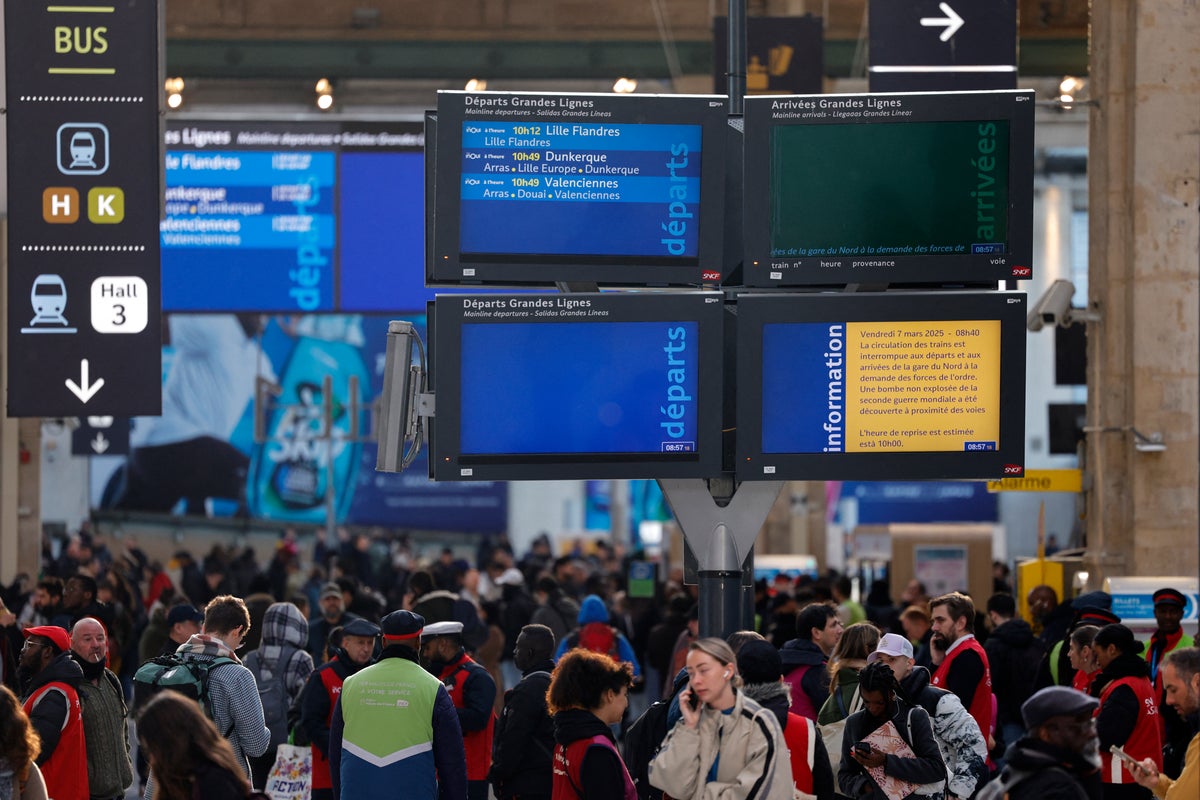From peaceful wildlife to buzzing Bangkok: Put your money on Thailand for long-haul winter sun
Looking to catch the last of the winter sun without blowing your budget? Beautiful Thailand remains easy and affordable – Teresa Machan goes exploring
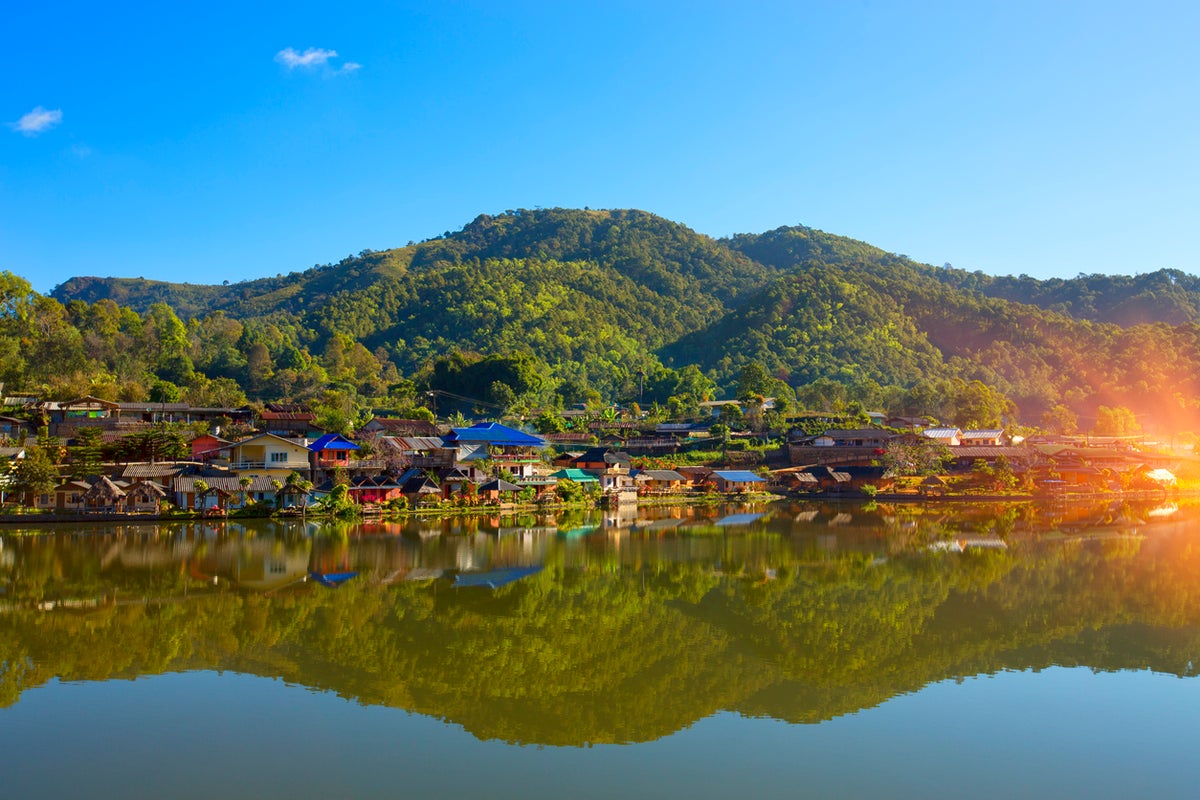
Your support helps us to tell the story
From reproductive rights to climate change to Big Tech, The Independent is on the ground when the story is developing. Whether it's investigating the financials of Elon Musk's pro-Trump PAC or producing our latest documentary, 'The A Word', which shines a light on the American women fighting for reproductive rights, we know how important it is to parse out the facts from the messaging.
At such a critical moment in US history, we need reporters on the ground. Your donation allows us to keep sending journalists to speak to both sides of the story.
The Independent is trusted by Americans across the entire political spectrum. And unlike many other quality news outlets, we choose not to lock Americans out of our reporting and analysis with paywalls. We believe quality journalism should be available to everyone, paid for by those who can afford it.
Your support makes all the difference.
I’m having a moment with a 31-year-old female Asian elephant called Mea Buab. Standing behind a fence under the supervision of her mahout (an elephant keeper or owner), Janwan, Mea Buab has snorted several bucket-loads of pulped banana, pineapple and sugar cane up the immense nostril of her whisker-pricked trunk. For about 30 seconds we lock eyes in, I think, an exchange of mutual respect. My heart sings.
Mea Buab is one of 10 free-roaming female elephants living with their mahouts at Thailand’s newest bush camp. Located in rural Mae Hong Son, a couple of hours from Chiang Mai, the Elephant Hills Bush Camp overlooks the Ping River. Guests stay in one of 10 locally built solar-powered tents with comfy beds and en-suite bathrooms. The camp is rooted in ethical, sustainable tourism and time spent with elephants is limited to an hour a day. Elephant bathing is not permitted here.
The camp’s manager Robert Griefenberg is passionate about elephant welfare and works closely with local communities, with staff coming from nearby Karen villages. “Domesticated elephants have no survival skills but, if done sustainably, tourism can play a vital role in their survival,” he says.
I flew to Thailand with the tour operator Tropical Sky, on BA’s new Gatwick to Bangkok service. We explored Bangkok and the riverside town of Kanchanaburi, northwest of the city, and a spent a night (it deserves far longer) in the northern city of Chiang Mai en route to the elephant camp. Most holidaymakers build in time on an island in the south or opt for a few nights in a beachside hotel at Hua Hin, a three-hour drive from Bangkok.
Read more: Why you need to take the slow boat from Thailand to Laos
BA’s flight, the first direct route to Bangkok since Covid, is timely. This month sees the return of cult TV drama The White Lotus, which was filmed on the island of Koh Samui, overlooking Ang Thong Marine Park. This summer will also see the release of Jurassic World: Re-Birth, showcasing Trang and Krabi on the Andaman coast.
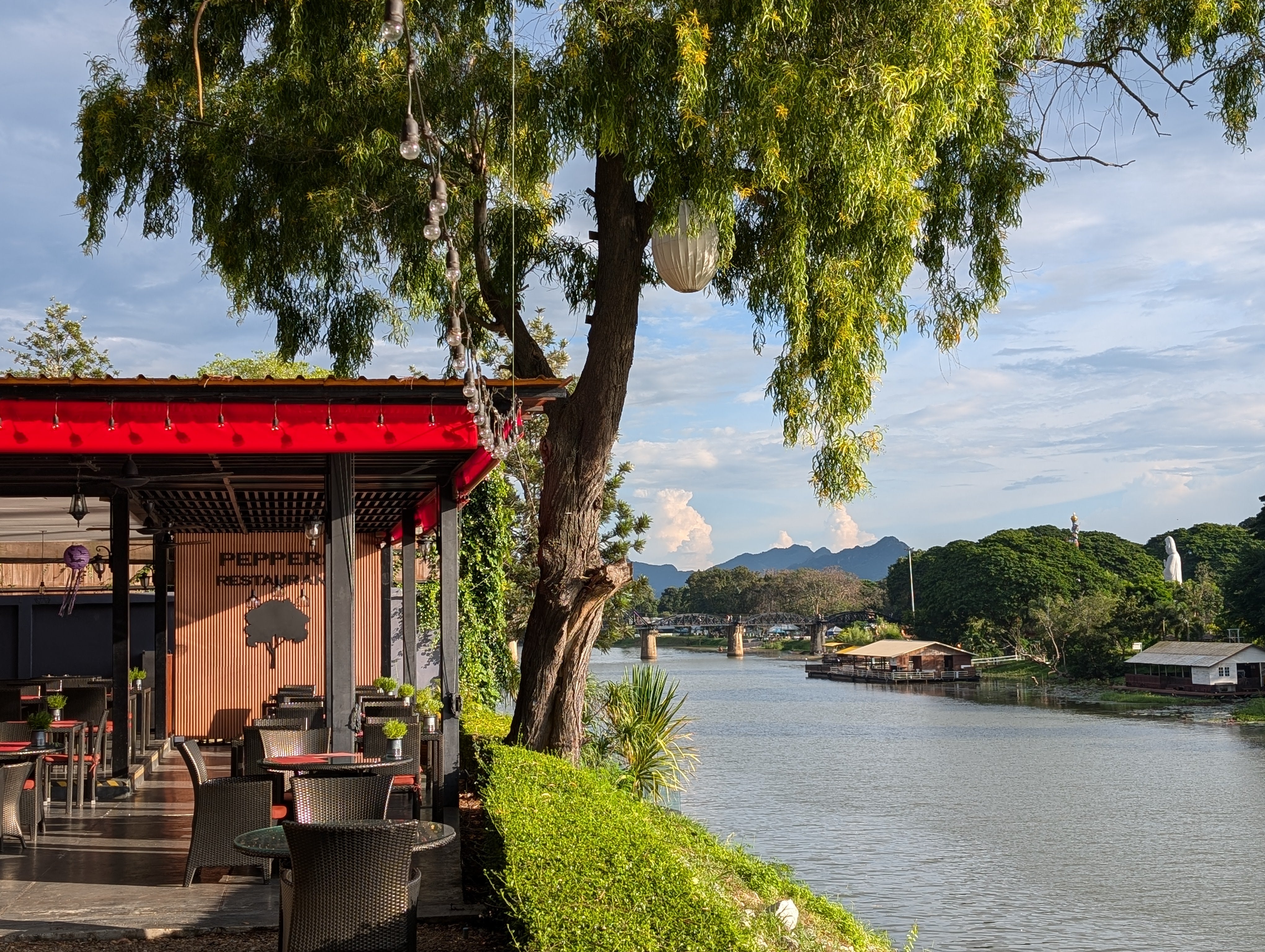
Asia struggled post-pandemic, but visitor numbers from the UK to Thailand are almost back to 2019 levels, at just shy of a million. “For those not willing to take risks with their holiday money, Thailand is regarded as an easy, safe and affordable choice for long-haul sunshine,” says Chris Hawkins, director at Tropical Sky.
A holiday in Thailand can be as relaxed or as busy, and as affordable or decadent or as you choose to make it. For a tongue-tingling pad Thai at a street market, I paid £2.70, while an hour-long Thai massage came in at just £10. In Bangkok, a Hangovertini – created for the cast of The Hangover part II, who filmed here – at the Lebua hotel’s Sky Bar could set you back an eye-popping £210, however.
In Bangkok, everything changes, yet everything stays the same. Shiny hotels and new architecture pop up and foodie areas and bars go in and out of fashion yet you’re never more than an incense stick’s throw or a lucky cat’s arm wave from an ice-packed fruit cart, a stupa-studded temple or a garlanded spirit house (miniature shrine).
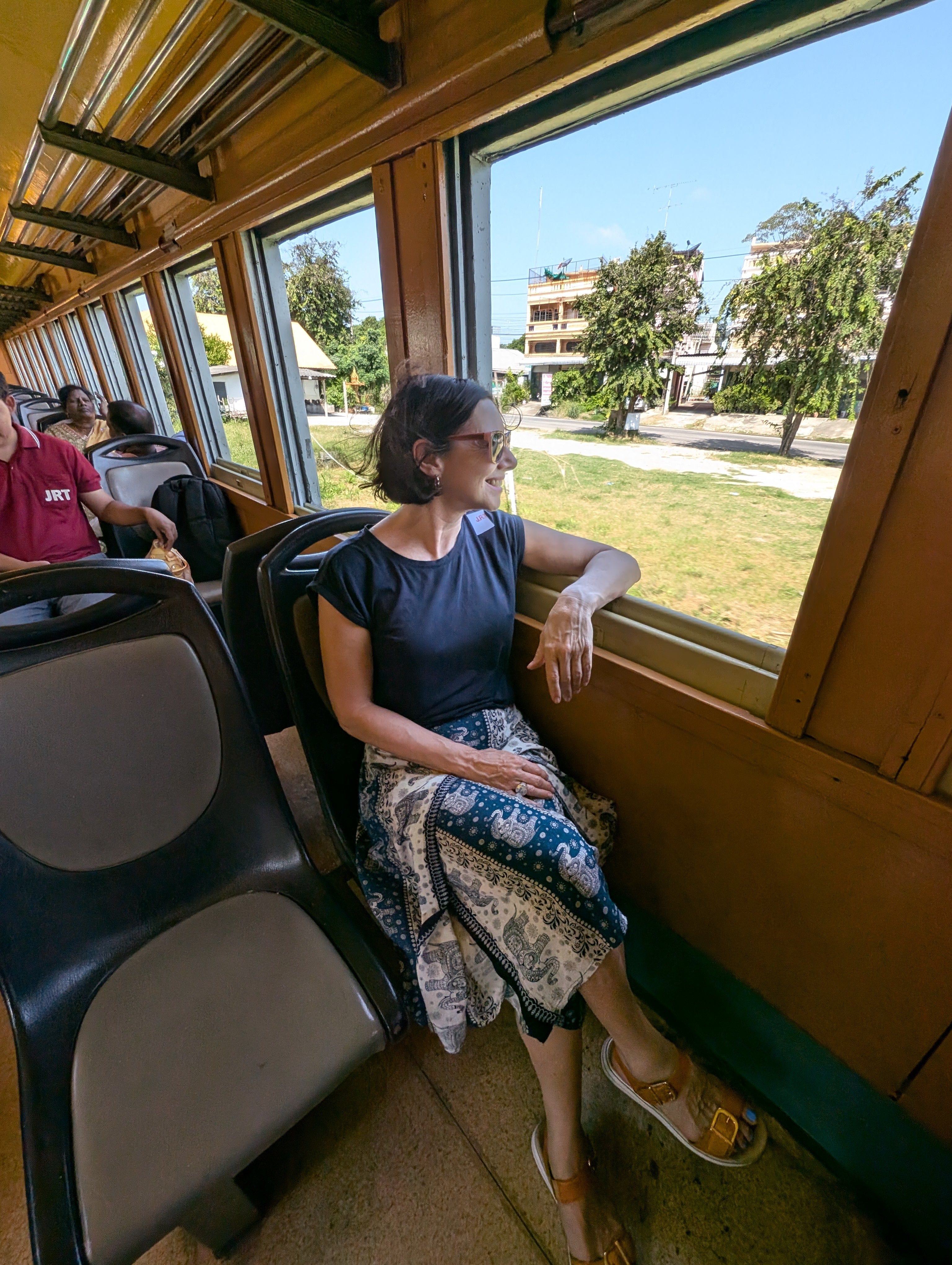
On a longtail boat ride through the klongs (canal tributaries) of Bangkok’s Chao Phraya River, boat vendors paddled up with crispy seaweed and fried taro. Sunshine bounced off bejewelled temples. A monitor lizard chased a catfish in the shallows and a woman lathered her hair over a makeshift sink on the veranda of a precarious looking stilt-house.
Plastic pollution aside, life in the klongs had changed little since my first ride three decades ago.
Leaving the capital behind, we rolled into Kanchanaburi by train – a windows-down, viaduct-skirting journey cooled by overhead fans that whirred in Biscoff-brown and yellow carriages. Locals and tourists visit for nearby waterfalls and national parks and to relax at low-key riverside hotels, but Kanchanaburi also serves as a portal to historical events.
When British-run Singapore fell to the Japanese in the Second World War, Allied prisoners of war were mobilised to construct the Burma-Thailand railway, known as the “Death Railway”, that spans the River Kwai. Conditions were brutal. At the small but impactful Death Railway Museum, artefacts and personal stories resonated. One soldier had unravelled old socks and knitted new ones on bamboo needles. Another fashioned darts using nails, cardboard, wood and the handles of old razors. Signalman Lionel Elkins sketched evocative scenes on cigarette papers.
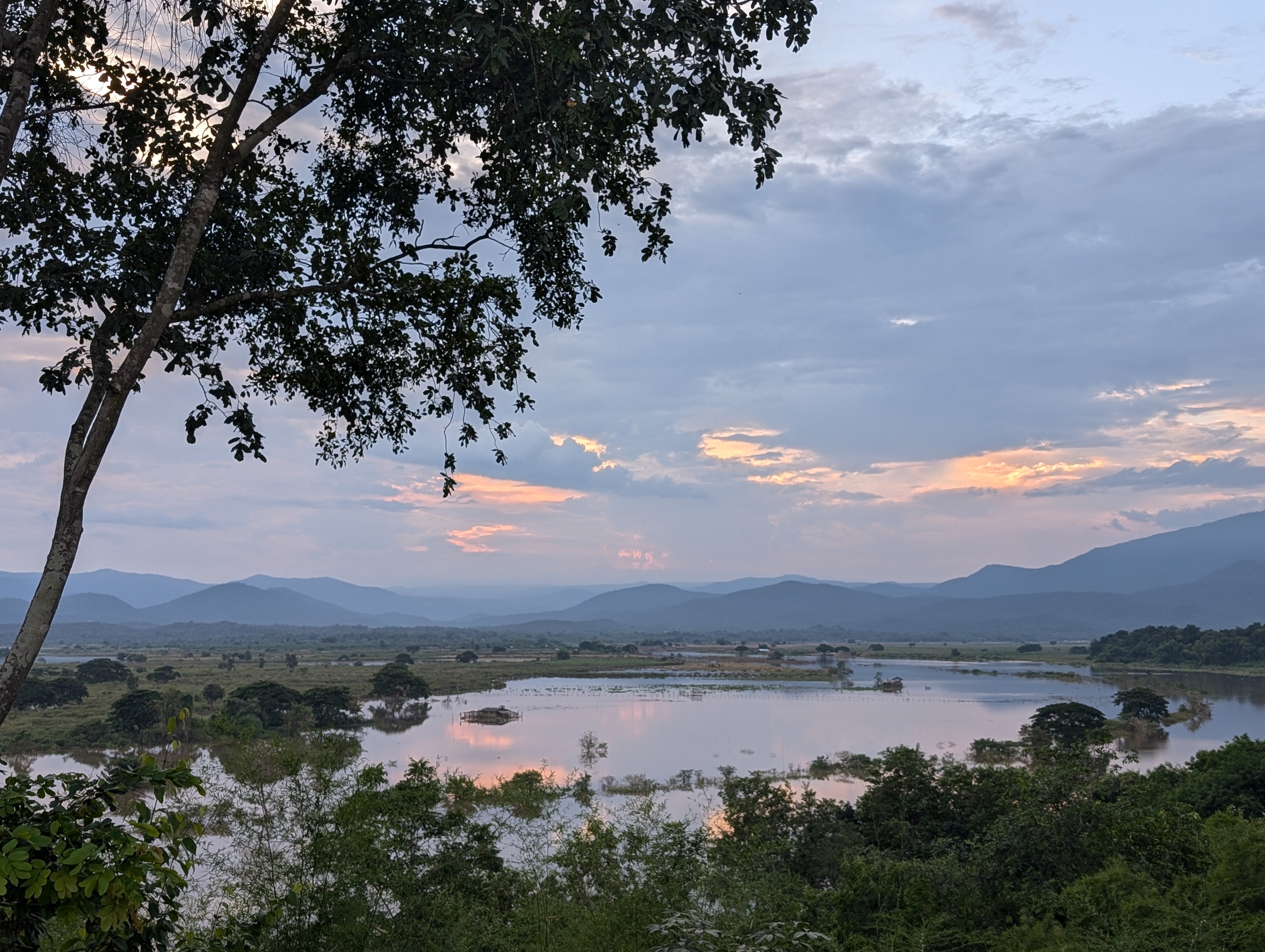
Opposite the museum, at the beautifully manicured Kanchanaburi War Cemetery, 6,981 Commonwealth and Dutch casualties are commemorated. Their average age appeared to be just 21-years-old.
Read more: Bangkok city guide – where to stay, eat, drink and shop in Thailand’s flavour-packed gateway
Back at the Elephant Hills Bush Camp, afternoon tea with Mea Buab was over. When not with the elephants, guests can relax by the pool, head out on nature walks or engage in bird spotting. The yellow-beaked great hornbill, green peafowl, the many-shades-of-brown rufous treepie and several species of kingfisher can all be seen here.
At the open-sided thatched-roofed bar and restaurant, I helped myself to a fiery Thai curry, a desert of mango sticky rice and a smoky, butterfly pea flower tea. The view extended over the Ping River, towards distant gossamer mountains.
Earlier, Janwan had told me that elephants are always happy when they’re eating. Mea Buab had captured my heart even if I hadn’t captured hers.
How to do it
A 13-night Thailand holiday costs from £2,189 per person with Tropical Sky. This includes return flights from London Gatwick to Bangkok, domestic flights from Bangkok to Chiang Mai and from Chiang Mai to Phuket, three nights’ B&B at the Tower Club at Lebua Bangkok, two nights’ B&B at the Tamarind Village Chiang Mai, one night (full board) at Elephant Hills Bush Camp and seven nights’ B&B at SAii Laguna Phuket.
Teresa Machan travelled as a guest of Tropical Sky.
Read more: Ditch Phuket’s crowds for these beautiful Thailand islands instead

 Konoly
Konoly 








